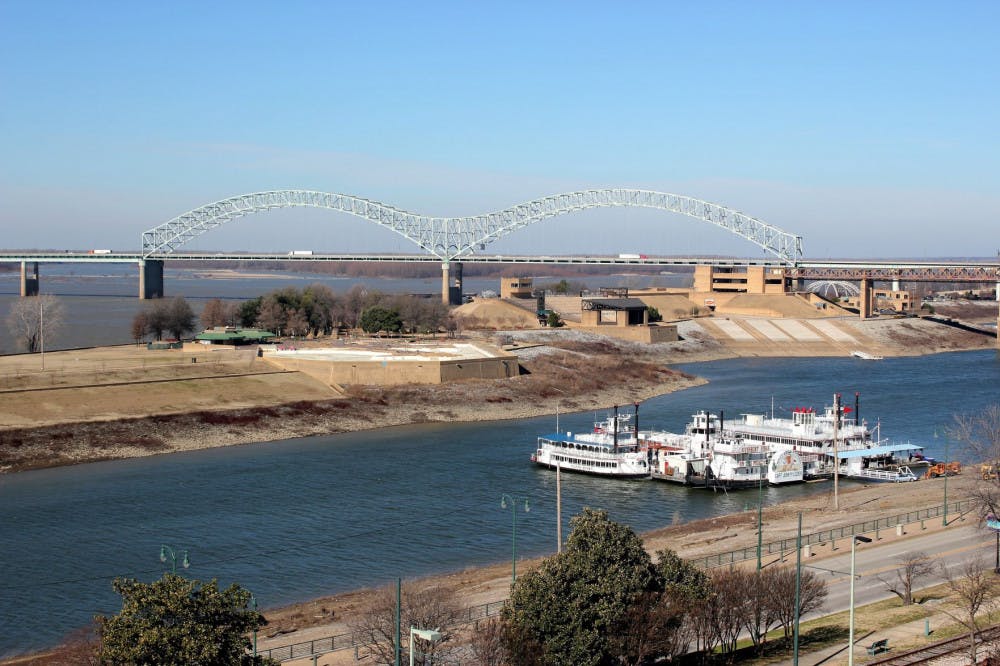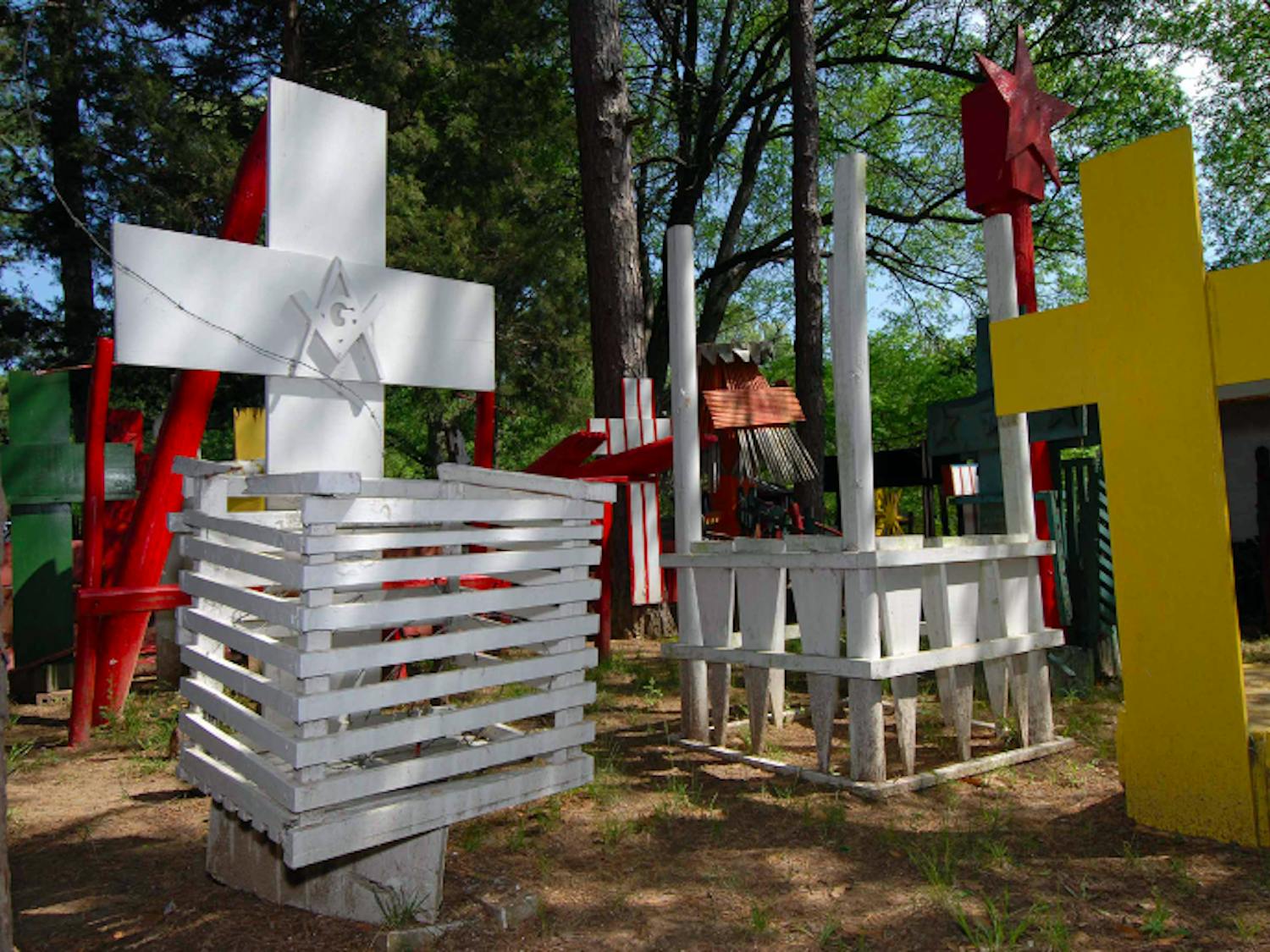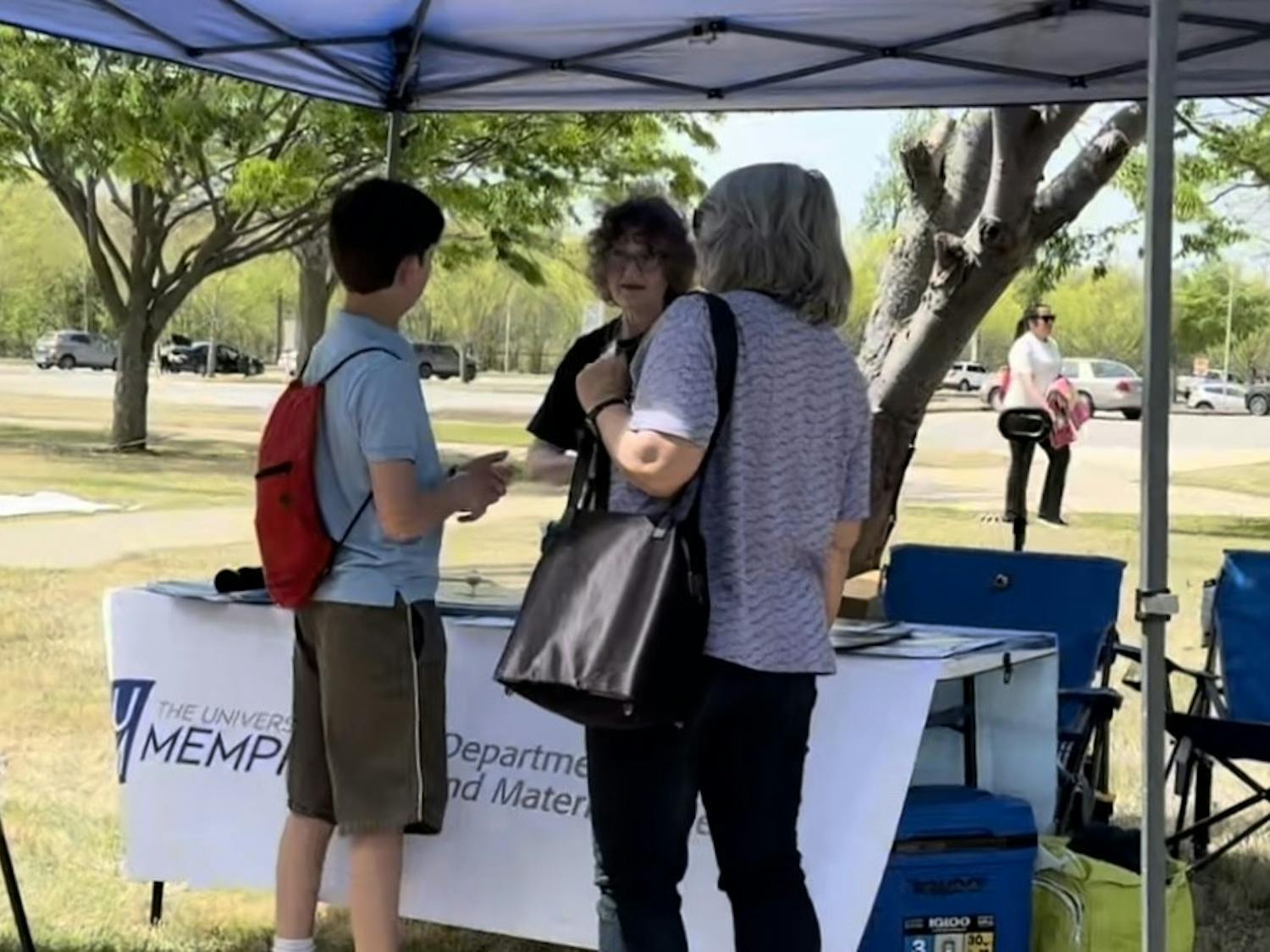Memphis has moved from the poorest city in the United States to the second poorest of metro areas that have more than one million people, but University of Memphis social work professor Elena Delavega said the method in which poverty is measured might not be accurate in today’s world.
The overall poverty rate in Memphis decreased this year, putting the city in the number two spot and New Orleans in the number one spot, according to a fact sheet by Delavega titled “2018 Preliminary Memphis Poverty Fact Sheet,” but she said the data might be unreliable.
“The poverty threshold was set in 1963 by Mollie Orshansky (an American economist and statistician),” Delavega said. “She took the cost of food for a family of four and multiplied it by three, and that’s essentially the formula that we’re using to this day. Today, that’s not really accurate … Some of those movements and changes happen not because we’re less poor but because we have a less accurate measure for poverty.”
Delavega said food accounted for one-third of budgets back when Orshanksy set the threshold, but today it accounts for one-seventh. She said this factor could throw off the calculations, and therefore, would not truly reflect the poverty rate in Memphis. She also said it is common for Memphis to change its rank every couple of years.
“In 2015, we went to number two also in overall poverty,” Delavega said. “I wish we never went back to number one, but I’ve seen this happen before where we went to number two and then number one, so I expect to play some musical chairs for the next few years.”
Delavega said there was a nationwide poverty decrease a couple of years ago, and it is possible Memphis is catching up to the rest of the nation. However, she also said the differences in poverty rates between Memphis and New Orleans are minimal.
“The way that we’re counting poverty, it doesn’t really mean that people are actually able to meet all their needs,” Delavega said. “I don’t know if there’s much meaning to the rankings.”
Justin Miller, CEO of poverty-fighting organization Slingshot Memphis, agreed the data is likely inaccurate. He said there needs to be more clarity about the nation’s trends to truly understand Memphis’ place in the rankings.
“We need to celebrate our small victories and to find those things that really work, so we can double down on those things to serve as many of our under-resourced neighbors as possible,” Miller said. “Celebrating being the second most poor city in the country also doesn’t feel right to me. We need more urgency and transparency to facilitate the most impact possible.”
Miller said Memphis can continue to move up in the rankings by being more mindful about investing money and knowing where the money being spent is going. He said Slingshot is working to create an “evidence-informed poverty-fighting ecosystem.”
“We need to have more information,” Miller said. “We need to ask better questions about where our dollars are being spent and how they’re being spent. Can you imagine if we all started doing that and if churches started doing that and businesses? Things would really change and change must faster. We need to move with a much quicker pace.”




